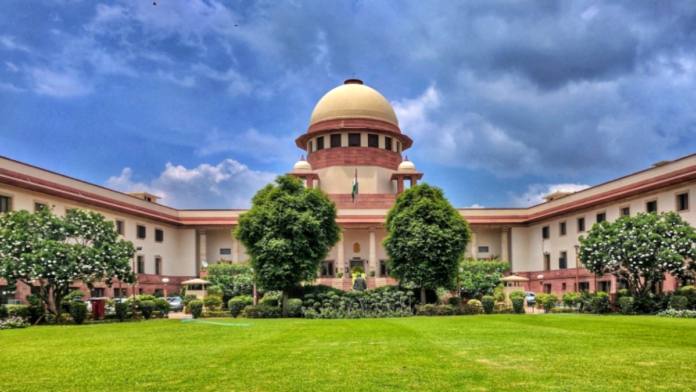
Key Points
- Supreme Court mandates 15 comprehensive, binding guidelines for all educational institutions to reduce student suicides and improve mental health support.
- India recorded over 13,000 student suicides in 2022 7.6% of all suicides with numbers nearly tripling since 2001.
- All schools, colleges, hostels, and coaching centres must appoint trained mental health counsellors and conduct mental health training for staff twice a year.
- Institutions must adopt a uniform, publicly accessible mental health policy, ban public shaming and harmful academic segregation, and set up confidential grievance systems.
- Mandatory display of suicide helpline numbers, annual review of mental health programs, and life skills education stipulated for every campus.
New Delhi: The Supreme Court of India issued a landmark judgment on Friday, unveiling 15 binding nationwide guidelines to tackle the disturbing rise in student suicides across educational institutions. Terming the high rate of young suicides a result of “systemic failure” and a “structural malaise” in India’s learning ecosystem, the Court has made mental health support an obligation not an option for all schools, colleges, coaching centres, universities, and hostels.
Shocking Statistics: Student Suicides at Record Highs
- India logged 1,70,924 suicides in 2022. Of these, 13,044 (7.6%) were by students, with over 2,200 directly attributed to exam failure, per National Crime Records Bureau (NCRB) data.
- Student suicide cases have nearly tripled in the past twenty years, from 5,425 in 2001 to over 13,000 in 2022 signaling mounting academic, social, and psychological pressures on youth.
- States like Maharashtra, Tamil Nadu, and Madhya Pradesh accounted for nearly a third of all student suicides, with coaching hubs such as Kota and Chennai described as “high-risk zones”.
Major Supreme Court Guidelines (Effective Immediately)
1. Mental Health Support & Counsellors
- Every educational institution with 100+ students must appoint a qualified mental health counsellor, psychologist, or social worker; smaller institutions must formally link with external mental health professionals.
- Dedicated mentors or counsellors are to be assigned in small batches, especially during exams and academic transitions, ensuring informal and confidential support.
2. Mandatory Biannual Staff Training
- All teaching and non-teaching staff must undergo mental health and crisis response training by certified professionals at least twice a year.
- Training topics include psychological first aid, distress signal identification, and handling self-harm or suicidality.
3. Inclusive, Non-Discriminatory Campus Culture
- Staff must be equipped to sensitively support vulnerable groups including SC/ST/OBC/EWS students, LGBTQ+ youth, those with disabilities, or trauma histories.
- No batch segregation, public shaming, or pressure tactics related to academic performance are permitted.
4. Proactive Institutional Safeguards
- Mental health policies must be made public on websites/notices and updated annually.
- Suicide prevention and wellness helpline numbers (e.g., Tele-MANAS) are to be visibly posted in all hostels, classrooms, and common areas.
- Introduce life skills, emotional regulation, and mental wellness education into the curriculum.
- Institutions must have internal committees to address sexual harassment, ragging, identity-based discrimination, and immediate psychosocial support.
5. Direct Oversight and Monitoring
- Institutions are required to maintain anonymised wellness and incident records and to set up written protocols for emergency referral and crisis intervention.
- The judgment instructs state and central governments to rapidly roll out these measures and set up regulatory oversight and complaint mechanisms, with a compliance affidavit required in 90 days.
The Bigger Picture
The Supreme Court’s guidelines align with the Government’s ongoing “Manodarpan” and “Ummeed” initiatives, integrating national standards for suicide prevention, psychological support, and student resilience building. Workshops on stress management are expanding across IITs and central universities.
This ruling draws a firm line: student mental health is now an institutional responsibility, not just a policy afterthought. The top court’s sweeping order is set to transform campus life, aiming to reduce preventable deaths and move India’s education sector toward compassion, inclusivity, and comprehensive well-being.
















































